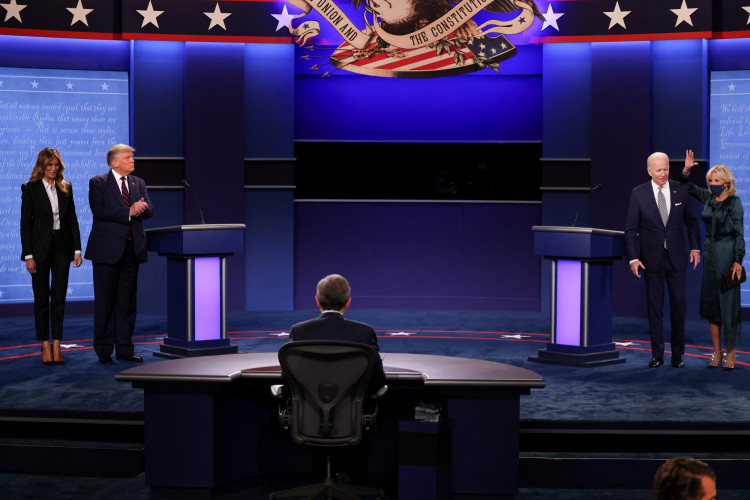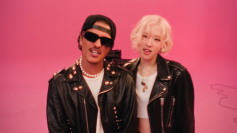The potential influence of a celebrity endorsement, particularly from someone as influential as Taylor Swift, has become a point of significant speculation. Taylor Swift, with her vast cultural reach and previous endorsements of Democratic candidates, is now at the center of discussions about the 2024 Presidential Election.
The Biden campaign, faced with the challenge of reigniting enthusiasm among young voters and securing the suburban demographic, might view Swift's support as a pivotal advantage. This speculation comes against the backdrop of a recovering U.S. economy and a contentious political landscape, where traditional campaign strategies seem insufficient to galvanize voter support fully.
Swift's appeal transcends the typical boundaries of celebrity influence, reaching deep into the American heartland with her roots in Nashville's suburbs and her country music origins. Her fan base, as described by a Morning Consult poll, spans a broad spectrum of the electorate, including both Democrats and Republicans, across various income levels and ethnic backgrounds.
This broad appeal could be particularly beneficial in the suburban areas that often play a decisive role in U.S. elections. The optimistic view within the Biden camp hinges on the belief that Swift's endorsement could sway a segment of under-40 voters, about 40 percent of whom supported Trump in 2020, according to the same article.
However, the efficacy of celebrity endorsements in American politics remains a topic of debate. Historical instances, such as Oprah Winfrey's endorsement of Barack Obama in 2008, which reportedly led to a significant boost in votes, highlight the potential impact. Yet, the deeply divided nature of the current political climate suggests a more complex scenario.
Studies and experts, including Professor David Jackson from Bowling Green State University, caution that celebrity endorsements can have polarizing effects, potentially alienating as many voters as they attract. This polarization is exemplified by the "Bud Light effect," where Republican campaigns have turned popular brands and celebrities into polarizing figures, a strategy that now seems to be targeting Swift.
Amidst these strategic considerations, the MAGA world's reaction to the prospect of a Swift endorsement for Biden has been a mixture of disdain and strategic countermeasures. High-profile Republicans and conservative media figures have launched attacks and conspiracy theories against Swift, signaling a concerted effort to undermine her potential political influence.
These attacks, ranging from insinuations about NFL game rigging to direct admonishments against her involvement in politics, underscore the perceived threat Swift poses to the Trump campaign's efforts to court young and female voters.
The backlash against Swift from Trump's supporters and allies, including figures like Vivek Ramaswamy and Fox News host Jeanine Pirro, highlights the risks associated with targeting a celebrity of Swift's stature.
Such a strategy could backfire, alienating moderate voters and exacerbating Trump's existing vulnerabilities with key demographic groups, particularly women and younger voters.
Polls, like the one from Quinnipiac University, illustrate the growing gender divide, with a significant portion of women expressing support for Biden over Trump. This demographic challenge is compounded by the enthusiasm among young voters for Biden, a sentiment that Swift's endorsement could potentially amplify.
In this complex electoral landscape, the role of Taylor Swift and other celebrities in the 2024 Presidential Election continues to be a subject of intense scrutiny. While the direct impact of Swift's endorsement remains uncertain, the broader implications of celebrity involvement in politics reflect the changing dynamics of American political campaigns. As both parties navigate these uncharted waters, the intersection of culture, celebrity, and politics is likely to play an increasingly prominent role in shaping voter preferences and election outcomes.






